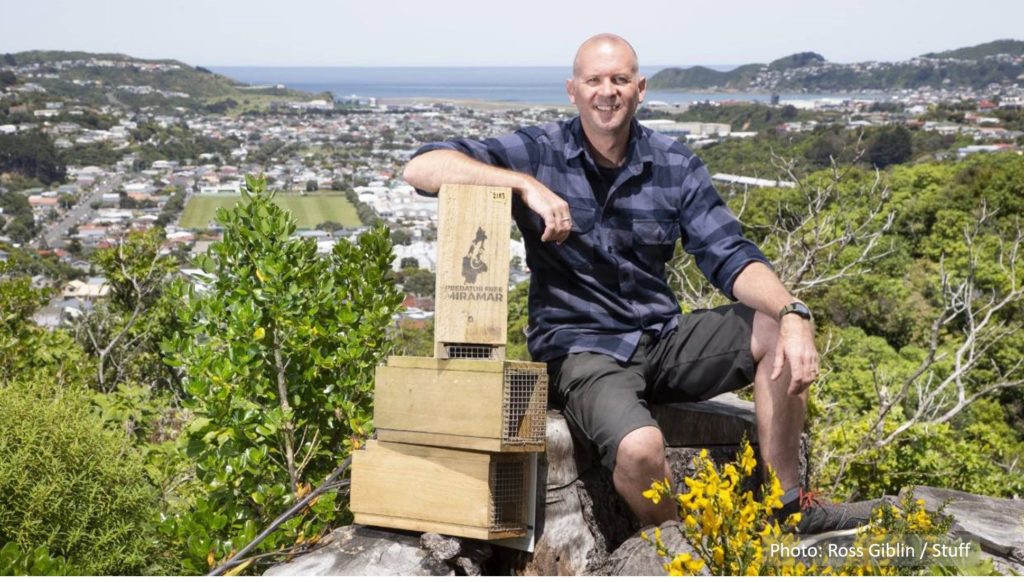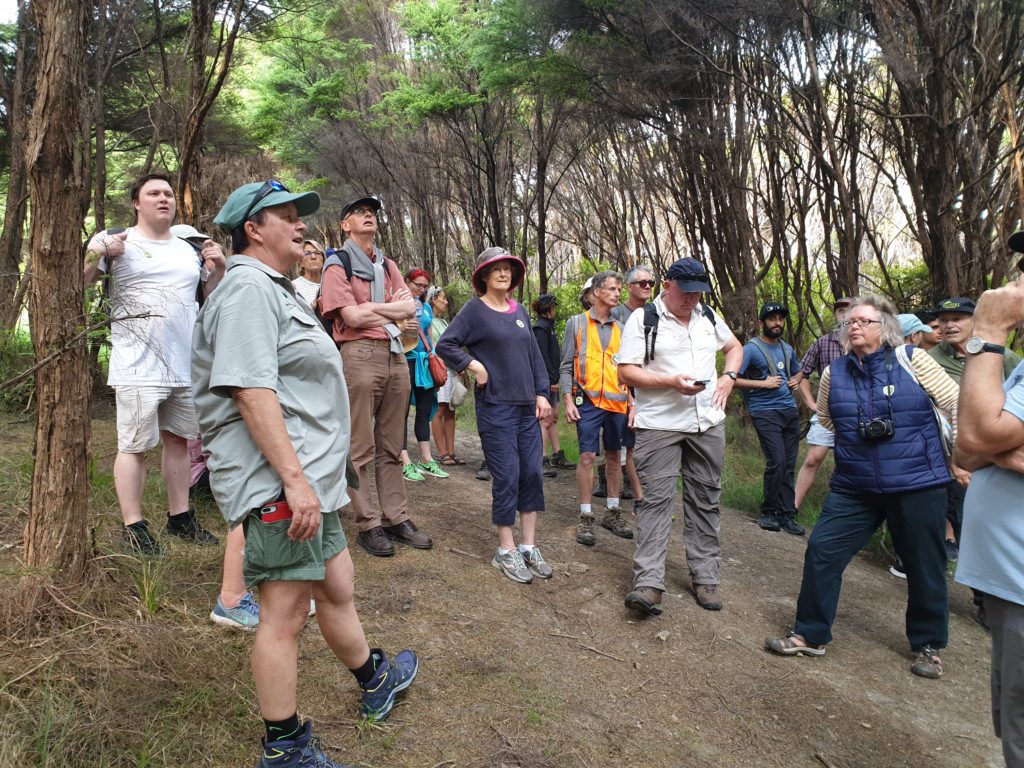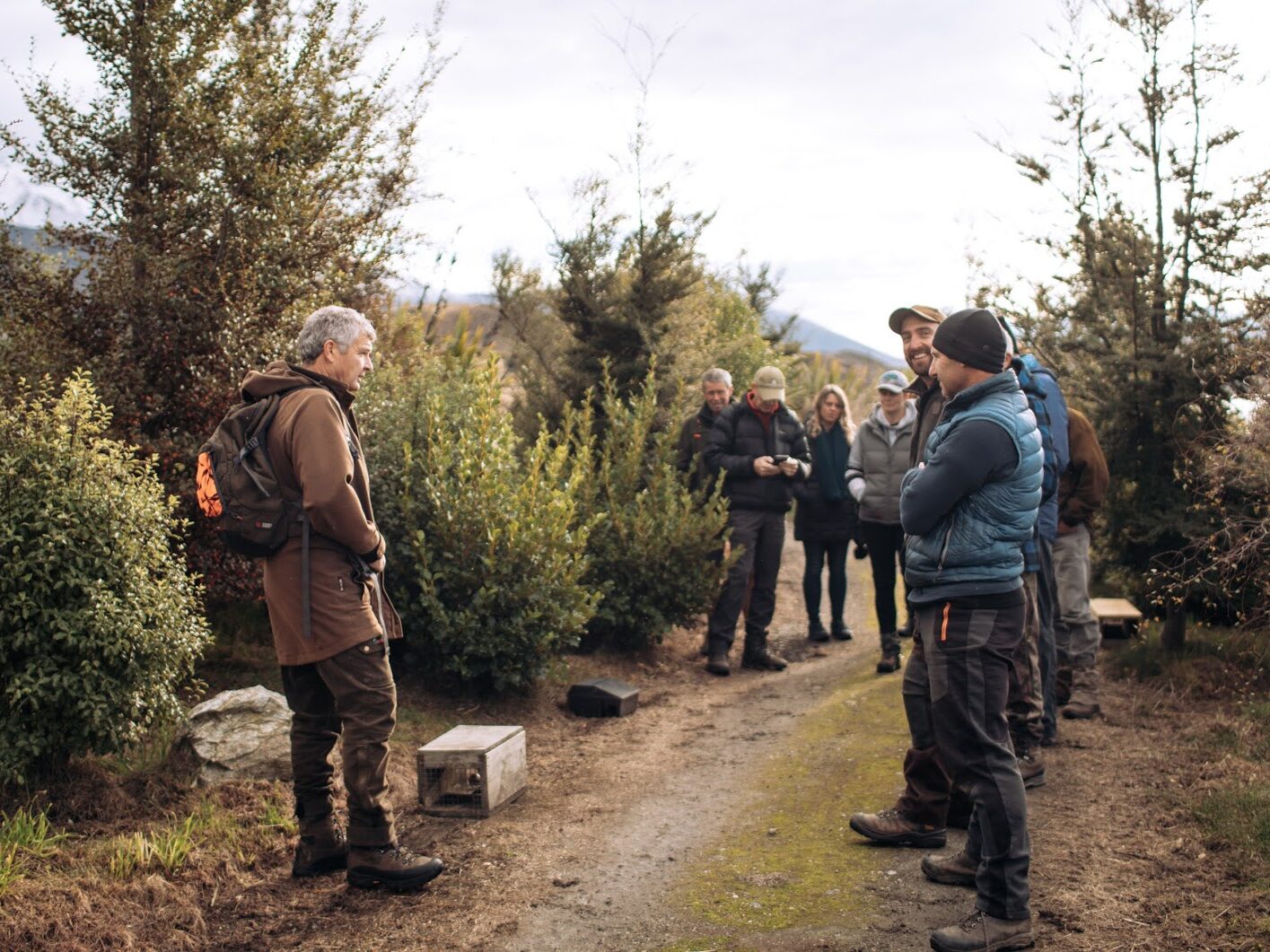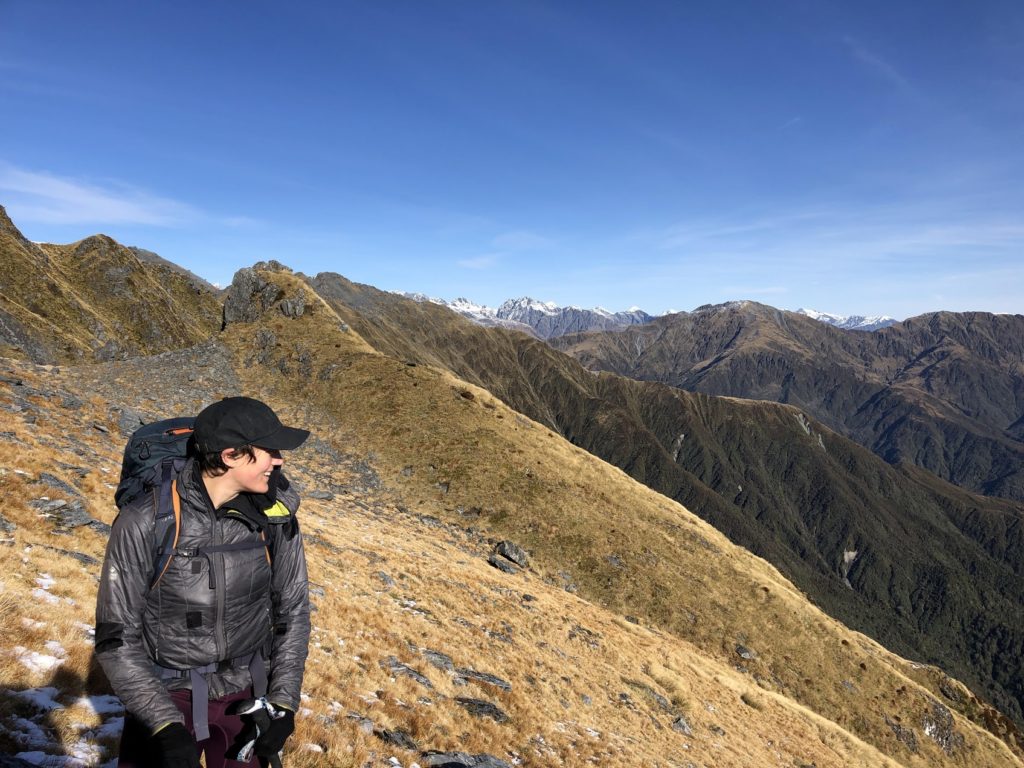ON THIS PAGE
How to find and recruit volunteers
Predator Free Miramar in Wellington has put together a great document called How to Kill Rats and Engage a Community (PDF, 8MB) with the group’s story, from the initial idea to recruitment and their ongoing progress. The document also includes an appendix with examples and templates of their sign up form, welcome email, and other resources.
In summary, here are some of Predator Free Miramar’s tips, as well as ours, for recruiting volunteers:
1. Get people’s attention
Consider having a launch party. Book a public space e.g. a community hall. Get a well-known speaker or local hero to open the event. Offer free food if you can – even a cup of tea and a biscuit goes a long way. You could ask a local business to donate supplies.
Put posters around the community (shops, cafes, supermarkets) and advertise your event on local Facebook pages.

2. Capture their details and hand out traps – at the same time
Have a form ready for volunteers to sign up (you might want to use laptops and spreadsheets to avoid paperwork). Record their name, address, email, and phone number. Have multiple laptops/forms available to avoid queues.
If you can (through fundraising or council donation), give away free traps at the event – it’s a good incentive – or for a small koha/donation. Give each trap a number (written on the trap) and include it next to the person’s name in your spreadsheet when they collect their trap.
Put out fliers or cards with your contact details, e.g. your group’s email address, for those wanting to join later or tell their friends – word of mouth is a powerful tool.

3. Be prepared to be the ‘face’ of the group (at least to start with)
Make sure you’re available to answer people’s questions, e.g. the best baits to use, safety advice for kids and pets (e.g. Victor rat traps are kept in tunnels).
Give demonstrations of trap setting. This shows people how it’s done and also reassures them that it’s not complicated.
Offer ongoing support. Some people might need their traps cleared for them, or need help setting them.
4. Utilise the Internet
Create a Facebook group (better than a Facebook page because all members can post in it) where volunteers can ask questions, as well as share photos and updates.
Make a website about your group, with information (include a video on how to set traps) and the group’s contact details – it doesn’t have to be a big project. Free websites can be made through Google, WordPress, Squarespace.
Volunteering NZ, and DOC all have information for people wanting to volunteer in NZ. They may be able to help you grow your own group.
If you’re looking for people to fill particular roles within the group, Do Good Jobs has a volunteers board and SEEK has a volunteers section where you can advertise unpaid roles.
Ongoing recruitment & engagement
1. Ask for help
- Ask for help with the workload – it’s a lot for one person to deal with.
- Use your skills and call on others for theirs, e.g. if you enjoy setting traps more than writing emails, find someone who is happy to do that job. Your volunteers will all have different skills, from marketing to accounting to trap building.
- Enlist the support of local businesses – can they donate items, sponsor you, promote you?

2. Communicate
- Monitor and update your Facebook group regularly. You’ll need to invest more time initially, but after a while other members will post more often and answer each other’s questions.
- Not everyone is on Facebook, so have other regular communication, e.g. an email newsletter with updates, and send a welcome email to new members.
- Be a part of community events, such as school fairs – have a table where people can sign up and ask questions.
- Give talks at local schools. Kids love to get involved and can also motivate their parents!
- Contact local media every time you have something new going on, such as an event or a new target reached.
- Keep in touch with other group leaders to motivate one another and also learn what works/doesn’t work.
3. Make it easy
- Make it easy for your volunteers to report their catches by giving everyone access to an online catch report form (here’s an example from Predator Free Miramar using Google Forms).
4. Energise and mobilise

- Volunteers will stay motivated if you focus on results – how many catches? Any new birdlife sighted or heard? Changes to the native bush? If people feel they are making a positive difference, they’ll keep going.
- Create a feeling of ownership. You started the group, but make it clear that it belongs to everyone. All volunteers play an important part.
- Keep the tone light and fun. If it’s all too intense or gloom and doom, volunteers will lose their motivation.
- Focus on your most enthusiastic trappers – do not spend hours chasing up the reluctant/inactive ones.
- Reward and acknowledge their involvement with regular get-togethers, an annual barbecue, newsletters, invitations to hear specialists speak, more training and an acknowledgement on your website of the great work they do.
Have you started a group and want to share advice on how to find volunteers? Contact us today.

